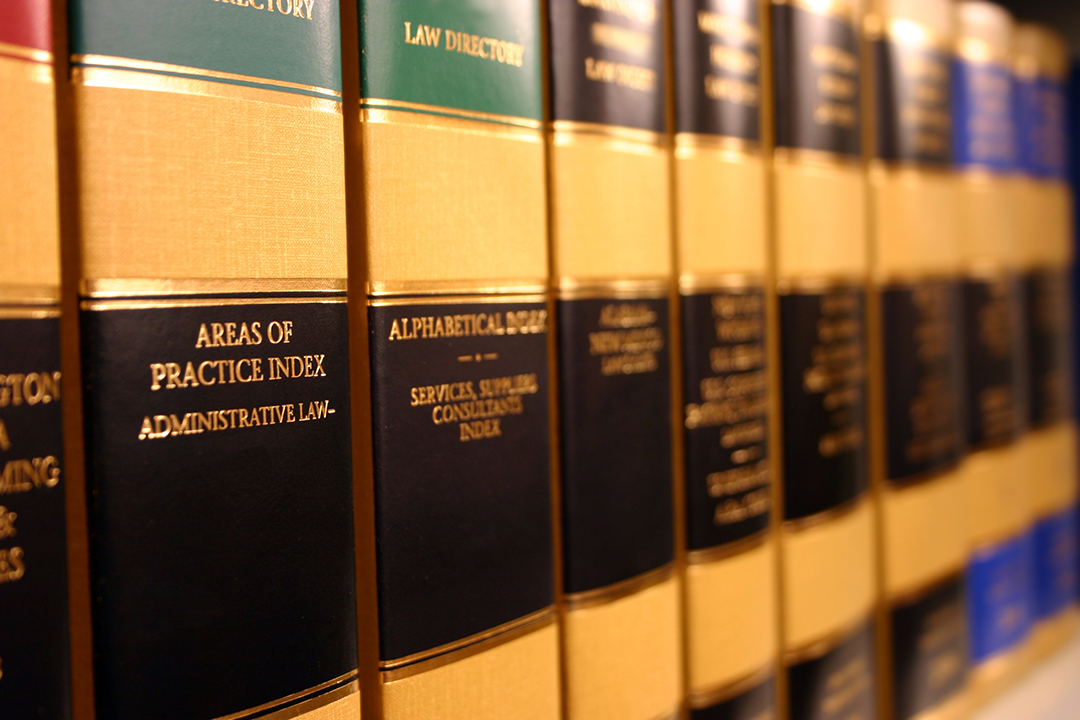 Emily Hammond, Glen Earl Weston Research Professor of Law, recently spoke at a proceeding before the U.S. Nuclear Regulatory Commission (NRC), where she discussed her research on citizen petition processes and best practices for agencies to promote participation, deliberation, and accountability in their decision-making.
Emily Hammond, Glen Earl Weston Research Professor of Law, recently spoke at a proceeding before the U.S. Nuclear Regulatory Commission (NRC), where she discussed her research on citizen petition processes and best practices for agencies to promote participation, deliberation, and accountability in their decision-making.
Her presentation drew from an article co-authored with David Markell of Florida State University, titled "Administrative Proxies for Judicial Review: Building Legitimacy from the Inside-Out." The work presents an empirical examination of these attributes of agency legitimacy at the U.S. Environmental Protection Agency (EPA). Under the major environmental statutes like the Clean Water Act and Clean Air Act, EPA grants states authority to administer these regulatory programs, subject to EPA oversight. Citizens may—and regularly do—petition EPA to revoke that authority, citing for example a state's failure to engage in effective monitoring or enforcement. Professor Hammond was interested in understanding how the agency responds to those petitions. She explained that what the petitions are asking for is something extraordinary; the EPA almost never revokes state authority to carry out these programs. Even so, she and her co-author found that the agency's informal responses to the petitions demonstrated a number of legitimizing attributes, such as being respectful of the petitioners, engaging in reason-giving, and making meaningful changes in how the state programs are implemented.
The NRC invited Professor Hammond to speak in connection with its current efforts to revise its own citizen petition process. Although the purpose of such petitions is somewhat different from those at EPA, many features invite comparisons of best practices and lessons learned. Under NRC's process, citizens may petition to the agency to revoke, suspend, or modify nuclear reactors' operating licenses. As Professor Hammond explains, "It's similar to the EPA context because revoking a nuclear power plant's operating license—that is, shutting it down—would be an extraordinary remedy. It would be unusual for the agency to revoke a license, but like EPA, it conducts an investigation in response to every petition, and one can identify meaningful changes as a result of the petitions."
As mentioned above, the NRC is undertaking a public process to revise the petition process. Because of her work on EPA's petition process, the Commissioners were interested to understand what insights could be applied to NRC's process. During the proceeding, the Commissioners asked detailed questions about a variety of the metrics that Professor Hammond and her co-author proposed. They also heard from the general counsel at the Nuclear Energy Institute, the director of the Union of Concerned Scientists, a citizen petitioner, and agency staff responsible for responding to the petitions. "It was a very collaborative and productive hearing; the Commissioners were clearly interested in good governance and enhancing their procedures to give citizens a voice," Professor Hammond said. "When Professor Markell and I concluded our study of EPA, we were excited to see that one can document agencies behaving in ways that further legitimacy outside of the traditional domains of administrative law." She concluded, "It was terrifically fulfilling to see another agency doing that and to be part of the conversation about making the process even better."
To view the link to the process that the Commission is updating, visit this page. For more of Professor Hammond's administrative law, nuclear energy, and environmental law scholarship, click here.


